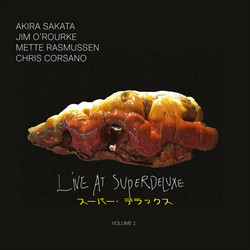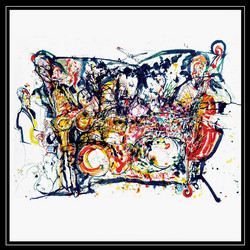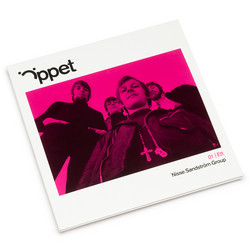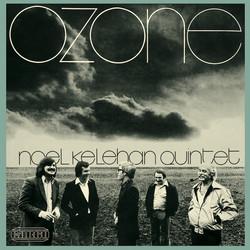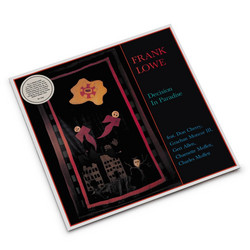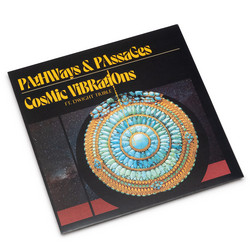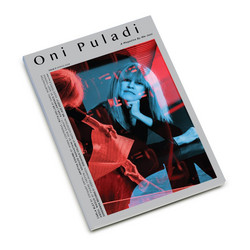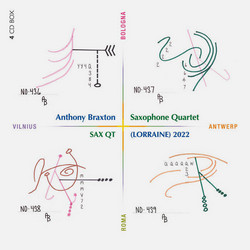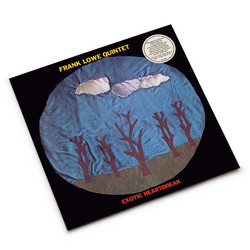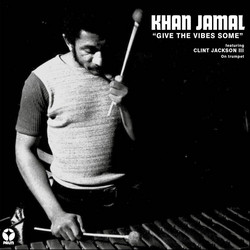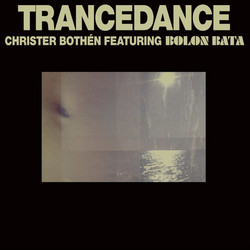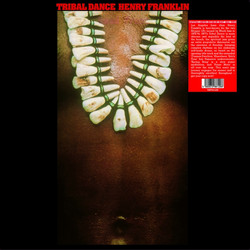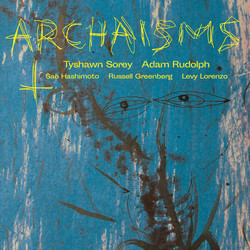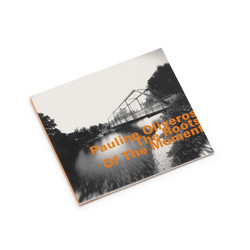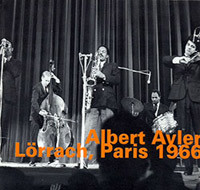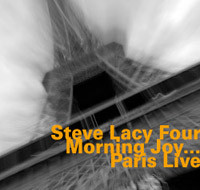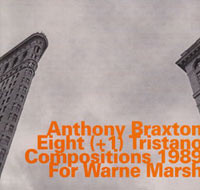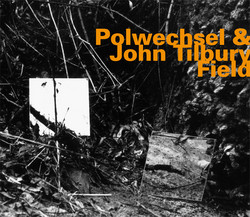"[...] Satie, the original "Enfant Terrible", was a strange man with strange thoughts that produced strange music with strange titles that don't seem so shocking today ("Jack-in-the-Box", "Driveling Preludes for a Dog", "Dried Embryos"), but considering that he was born two centuries ago, this bad boy of classical music deserves a very close look.
Satie lived an unconventional life and demanded the same from those who attempted to sneak a peek into it. For example, his notes to Vexations require To play this motif 840 times in succession... which was eventually done, decades after his death. Repetition and evolution in music were an experiment, and repetition in life seemed a necessity. After his death it became known that he had several dozen umbrellas, dozens upon dozens of handkerchiefs, all identical. He never let anyone into his apartment, he wore the same exact velvet suits, of which he had twelve, and he wrote some strikingly original music, yet his name isn't as well known as those of composers he had influenced, from Milhaud, Poulenc, Debussy and Ravel to John Cage and John Zorn. He composed modal piano works, avant ballets, circus music, and film scores and was cool in a way that someone who died in 1925 can be considered cool.
How far from the notated Satie is the music on this album? It depends. If you are after the note-for-note reproduction of the written scores on the instruments for which it was written, you ought to look elsewhere. Aldo Ciccolini is considered the master of Satie's piano music, and there are more than a few current orchestras in the classical realm that give Satie a worthy homage.
Here is something else... music is set free, detaching itself from the trampoline of Satie's compositions and bouncing from arrangements to improvisations. Mathias Ruegg, the leader of the VAO, titled some of the music Reflections and like reflections on the water they are not mirror images, but rather a set of pieces based on Satie's works organized to show the Orchestra's view of his music. They are memorable, but far from mundane. On the contrary, here the orchestrations are fresh and unusual in their representation of the soloists' improvised take on how they feel about Satie. The music ranges from several short orchestral pieces on the first half of the album to the lengthier solo reflections of Lauren Newton, Roman Schwaller and Wolfgang Puschnig, all brilliantly accompanied on vibes by Woody Schabata. Interestingly, many of the compositions are two-pronged, with renditions of Satie's originals played quasi-straight and followed by the improvisations from the Orchestra members. In his younger days Satie worked as a café pianist-an improvisational connection here, perhaps?
It's impossible to say whether Satie would've liked this excursion, for all we know, given his explosive temperament, he might have chased the Orchestra members off the stage with one of his umbrellas, but for me this disc remains one of the more original and interesting interpretations of any classical composer to date.
In a sort of an ironic slap in the face, Satie's Gymnopedies seem to be the favorite of more than a few budget "classical relaxation" compilations; he has been written off as a "musical humorist" by his contemporaries, only to be resurrected in our time as a hefty cornerstone of all of modern music. One can only hope that he does not become another embalmed head in the long row of dusted-off geniuses, in line to what seems to be the set route-novelty and innovation, followed by dismissal and obscurity, followed by revival, acknowledgement and comfort of recognition, spelling death to the original ideas and goals. The Minimalism of Eric Satie makes this hope of evolution and experiment a beautiful reality."-Dmitry Zhukov
Recorded at Studio Kornhäusl, Vienna, 20-22 September 1983 and 14 March 1984
Total playing time: 75:12
